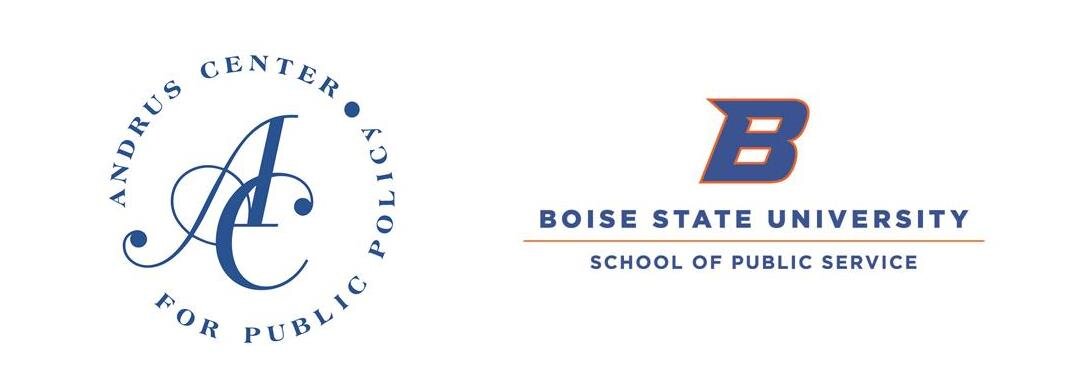
PAST WEBINAR:
Transboundary Conservation: Migration and Fragmentation Across Conservation Landscapes
Date: Thursday, September 24th from 12-1 pm (MDT)
Hosted by: Andrus Center, Boise State University
It is now common knowledge that species conservation spans political boundaries. But what does this look like on the ground? How might we leverage this insight to produce stable conservation outcomes? This panel examines popular strategies--such as conservation easements--and under-recognized challenges--such as parallel militarization--to conservation across North America. Nontraditional entities thus contribute to decisions about wildlife management. Our discussants provide a range of disciplinary perspectives with special attention to the socio-political contexts in which conservation emerges. Using examples drawn from the the US-Mexico and US-Canada borders as well as the High Divide region of Idaho and Montana, panelists account for the management challenges associated with fragmentation across ecological habitats and ranges.
Panelists:
Dr. Jodi Brandt
Dr. Jodi Brandt is an Associate Professor in Human-Environment Systems at Boise State University. Her overarching focus is to work with on-the-ground partners to improve natural resource management. Current projects include farmland protection in the Boise metropolitan area, drought decision-support for ranchers in Idaho and Montana, and partnering with tribes in the Great Lakes to restore culturally-important wetlands. Her teaching focuses on training graduate students in advanced analytical techniques in the fields of landscape ecology, remote sensing, and social-ecological systems.
Rocky Barker
Rocky Barker is the author of Saving All the Parts, Reconciling Economics and the Endangered Species Act and Scorched Earth: How the Fires Of Yellowstone Changed America. He was part of a team of reporters who were finalists for the Pulitzer Prize.
Dr. Lisa Meierotto
Dr. Lisa Meierotto is an Assistant Professor in the School of Public Service at Boise State University. She teaches in the Global Studies and Environmental Studies programs. She is trained as an anthropologist. Research interests include immigration, environmental justice and inclusive conservation. She recently published a monograph on her fieldwork at Cabeza Prieta National Wildlife Refuge. The book, Immigration, Environment and Security on the U.S.-Mexico Border (Palgrave Macmillan 2020) explores the co-evolution of conservation and militarization in the border region.
Dr. Matt Williamson
Dr. Matt Williamson is a conservation scientist interested in understandin how the interactions between people, their environment, and the institutions that govern them to inspire (or inhibit) conservation action and how that impacts their effectiveness. His work relies on integrating theories from social psychology, public policy, and landscape ecology with diverse datasets to develop spatial models of conservation action at multiple scales to improve outcomes for biodiversity and people.
Moderator:
Dr. Emily Wakild
Dr. Emily Wakild is Professor and Director of Environmental Studies at Boise State University. She trained as a historian and her first book, Revolutionary Parks: Conservation, Social Justice and Mexico’s National Parks, (Arizona 2011) explored the creation of national parks in Mexico during the 1930s. She was an editor and contributor to The Nature State: Rethinking the History of Conservation (Routledge 2017). She is completing a book comparing transnational conservation and scientific research in Patagonian and Amazonian South America. She has been the recipient of Fulbright, National Endowment for the Humanities, and National Science Foundation research fellowships.

